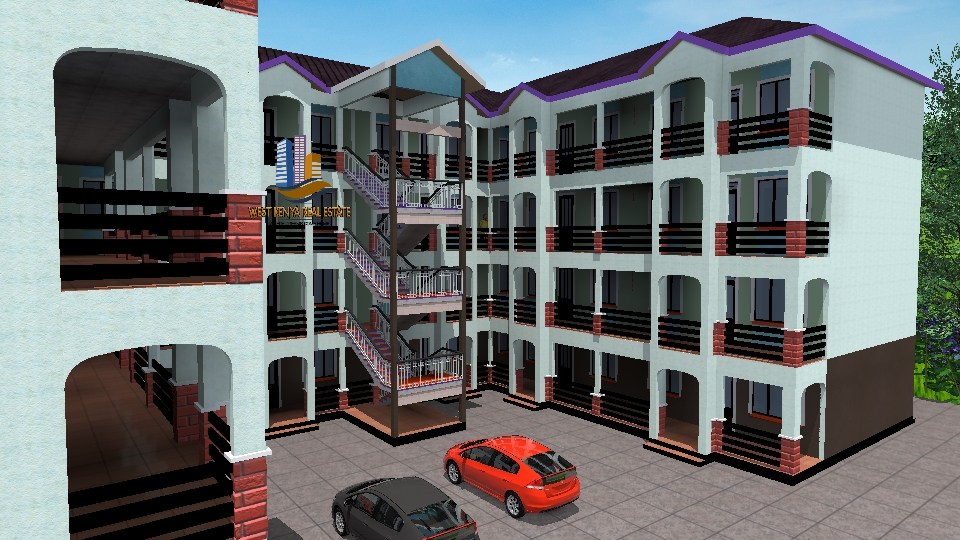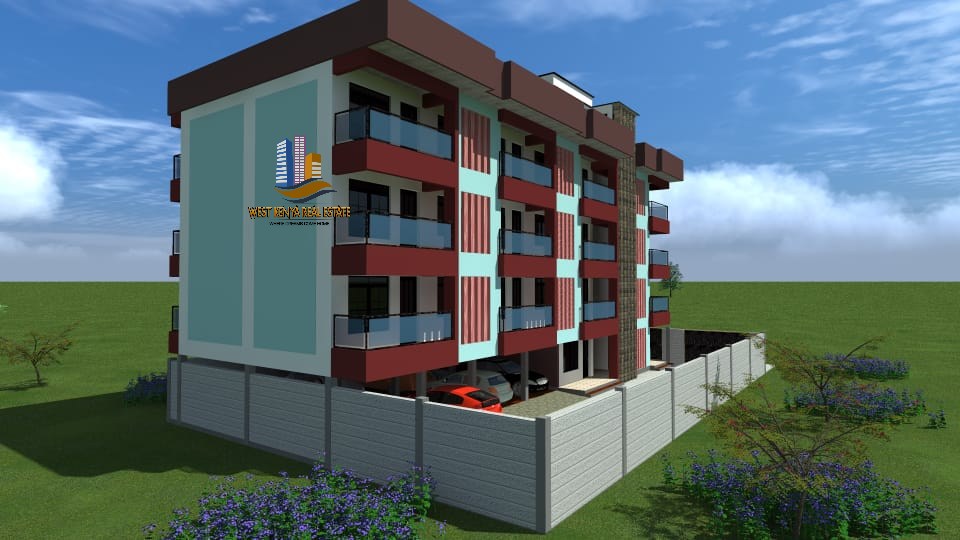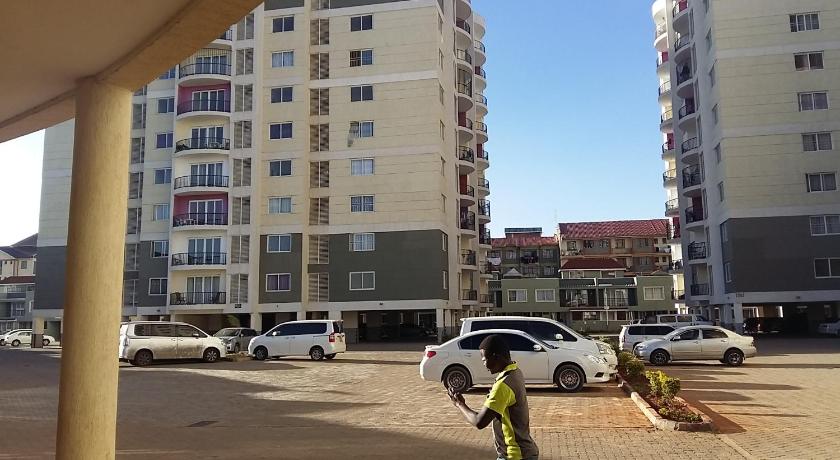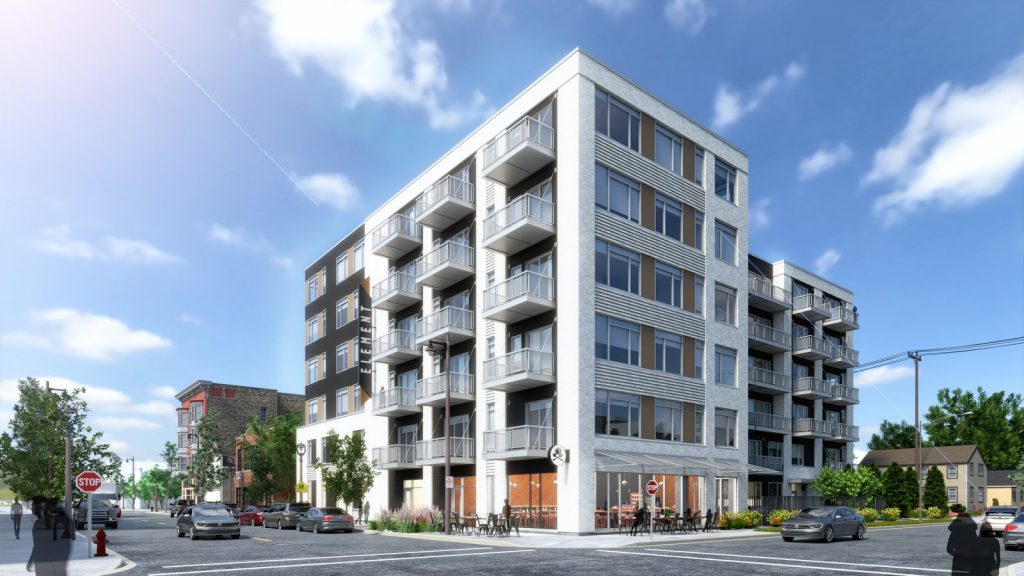Understanding Inflation and Its Economic Implications
What is Inflation?
Inflation is the rate at which the general level of prices for goods and services rises over time. In Kenya, this affects everyday expenses, from groceries to construction materials. Understanding the role of inflation in property prices in Kenya is crucial for property buyers and investors because it directly influences the cost of homes and real estate investments.
How Inflation Affects the Economy
Inflation impacts multiple sectors, including real estate, banking, and consumer spending. Key effects include:
Rising property prices: Increased costs of building materials push home prices higher.
Higher interest rates: Banks adjust
mortgage rates, affecting home affordability.
Reduced purchasing power: Buyers can afford less, slowing property demand.

By knowing how inflation moves the economy, investors can plan better and make informed property decisions.
Inflation Trends in Kenya (2023–2025)
Recent data shows that Kenya has experienced fluctuating inflation rates:
2023: Inflation averaged around 5.7%, slightly above the Central Bank target.
Early 2024: Spikes in food and fuel prices caused short-term surges.
2025 projections: Moderate inflation is expected, but rising construction costs may keep property prices high.
Tracking these trends helps homebuyers and investors understand the timing and risks of entering the market.
Related post: Types of Foundations in Kenya – Costs & Pros/Cons
The Relationship Between Inflation and Property Prices in Kenya
Historical Trends in Kenyan Property Prices
Over the past decade, property prices in Kenya have generally increased, though the pace varies by region. Nairobi and Mombasa, for example, have seen sharper price growth compared to smaller towns. Inflation often drives these changes because rising costs for construction materials and labor are passed onto buyers.
Key points:
Average annual property price growth: 6–8% in major urban centres.
Rural areas see slower growth due to lower demand.
Inflation spikes often coincide with sudden price jumps.

Case Study: Nairobi County’s Real Estate Market
Nairobi, Kenya’s largest city, provides a clear example of how inflation impacts property prices. In periods of high inflation, both residential and commercial properties tend to rise in value, making timing critical for investors.
Highlights:
High demand in neighbourhoods like Westlands and Kilimani.
Construction material costs directly affect apartment and maisonette prices.
Inflation-driven rent increases influence investment returns.
Contrasting Views: Positive vs. Negative Correlation
Experts debate whether inflation always increases property prices. Some argue that inflation leads to higher real estate values, protecting investor capital. Others note that excessive inflation can reduce affordability, slowing market growth.
Related post: Why Opt for a 2-Bedroom Home in 2025?
Considerations:
Positive correlation: Inflation pushes material costs and home prices up.
Negative correlation: High inflation reduces buyers’ purchasing power.
Internal linking suggestion: Link to [How Inflation Affects Home Buyers in Kenya].
Academic Insights: Studies on Inflation and Property Prices
Research from the University of Nairobi shows a significant relationship between inflation and property prices in urban areas. The study found that moderate inflation often leads to steady property appreciation, while extreme inflation can hinder market activity.

Takeaways:
Property is often a hedge against moderate inflation.
Regional variations are important—Nairobi reacts differently than rural towns.
Investors should consider inflation trends before buying or selling.
Factors Influencing Property Prices Amid Inflation
Construction Costs and Material Prices
Construction costs are a major driver of property prices in Kenya. When inflation pushes up the cost of cement, steel, and other materials, developers pass these increases on to buyers.
Key points:
The price of cement and steel can rise 10–15% during high inflation.
Labour costs also increase, adding to overall construction expenses.
Buyers should factor in these costs when budgeting for a new home.
Interest Rates and Mortgage Accessibility
Interest rates, influenced by inflation, affect the affordability of property. Higher inflation often prompts the Central Bank of Kenya to raise rates, making mortgages more expensive.
Impacts:
Higher monthly payments reduce the pool of potential buyers.
Investors may delay property purchases due to costlier financing.
Lower rates, conversely, can stimulate property demand even amid rising prices.
Best 10 House Plans in Kenya and Africa
Land Acquisition Costs
The cost of land significantly affects property prices. Inflation can increase land values, especially in high-demand urban areas.
Highlights:
Prime urban land is more sensitive to inflation than rural plots.
Infrastructure developments can further drive up land costs.
Land scarcity in Nairobi and Mombasa increases long-term property prices.
Currency Depreciation and Its Impact on Property Prices
Currency depreciation also influences real estate costs. According to the Cytonn 2024 Markets Outlook, when the Kenyan shilling weakens against the dollar, imported construction materials become more expensive, pushing property prices higher.
Related post: Civil Engineering vs Contractors – Key Differences
Key takeaways:
Imported cement, steel, and fixtures cost more during depreciation.
Real estate investors may seek hedges against currency risk.
Inflation and currency depreciation together amplify property price increases.
Top Two-Bedroom House Roofing Designs in Kenya: What’s Popular Today
Benefits of a plan for 3 bedroom house in Kenya.
Regional Variations in Property Price Responses
Nairobi and Major Urban Centres
Nairobi and other major cities like Mombasa and Kisumu often experience higher property price growth during inflation. High demand, limited space, and urban infrastructure drive prices upward faster than in smaller towns.
Key points:
Prime neighbourhoods in Nairobi (Kilimani, Westlands) see the fastest appreciation.
Commercial property is highly sensitive to inflation due to rental adjustments.
Urban buyers need to consider inflation when planning purchases.
Emerging Markets: Eldoret, Nakuru, Kisumu
These growing urban centres offer investment opportunities as inflation affects property prices differently than in Nairobi. Demand is rising but remains moderate, allowing more affordable entry points for investors.
Highlights:
Land and housing prices are steadily increasing due to population growth.
Moderate inflation allows for long-term capital appreciation.
Investors can find undervalued properties compared to major cities.
Rural and Semi-Urban Areas
In rural and semi-urban areas, inflation has a slower impact on property prices. Limited market activity and lower construction costs mean price increases are more gradual.
Considerations:
Less affected by material cost spikes and interest rate changes.
Opportunity for affordable housing development projects.
Buyers benefit from slower, steadier property appreciation.
Satellite Towns as Emerging Investment Hotspots
Satellite towns around Nairobi, such as Athi River, Kitengela, and Ruaka, are gaining attention from investors. According to Kenyan Wall Street, these towns are becoming investment magnets due to infrastructure improvements and lower land costs.
Key points:
Rapid infrastructure development increases property values.
More affordable than central Nairobi, attracting first-time investors.
Inflation still impacts construction costs, but investment potential is high.
Strategies for Investors and Homebuyers in an Inflationary Market
Long-Term Investment Considerations
Investing in property during periods of inflation requires a long-term perspective. While short-term price fluctuations can be challenging, real estate often appreciates over time, protecting investor capital.
Tips for investors:
Focus on high-demand areas with consistent growth.
Consider rental yields as a hedge against inflation.
Diversify across urban and emerging markets for balanced risk.
Financing Options: SACCOs vs. Commercial Banks
Access to financing is crucial when inflation pushes property prices higher. SACCOs and commercial banks offer different options, each with benefits and limitations.
Key differences:
SACCOs: Lower interest rates, flexible repayment plans,and community-focusedd.
Commercial Banks: Higher loan amounts, a more formal approval process, and stricter eligibility.
Choose financing based on affordability, interest rates, and repayment flexibility.
Internal linking suggestion: Link to [Home Loan Options in Kenya] or [How to Apply for a Mortgage].
Identifying Undervalued Property Segments
Investors can mitigate inflation risks by targeting undervalued properties. These segments often provide higher returns once the market adjusts.
Strategies:
Look for emerging neighborhoods with infrastructure development.
Consider older properties that need renovation in high-demand areas.
Monitor market trends to spot undervalued land or residential units.
Internal linking suggestion: Link to [Finding Undervalued Properties in Kenya] or [Property Investment Tips].
Rent vs. Own: Navigating Affordability Challenges
Deciding between renting and buying is crucial during inflationary periods. According to Willstone Homes, high property prices and rising interest rates often make renting more viable for some buyers in Nairobi.
Considerations:
Renting offers flexibility while saving for a future purchase.
Buying can be a hedge against long-term inflation if financing is accessible.
Evaluate monthly costs, property location, and market trends before deciding.
Internal linking suggestion: Link to [Renting vs Buying in Nairobi] or [Cost Comparison of Renting vs Owning].
Policy Implications and Government Interventions
Affordable Housing Initiatives
The Kenyan government has launched several affordable housing programs to counter rising property prices. These initiatives aim to make homes more accessible, especially for middle- and low-income families.
Key points:
Programs include subsidized housing projects and partnerships with developers.
Targeted at reducing the gap between supply and demand in urban areas.
Helps mitigate inflation-driven property price increases for first-time buyers.
Internal linking suggestion: Link to [Affordable Housing Projects in Kenya] or [Government Housing Programs].
Regulatory Measures to Stabilize the Market
Regulations play a key role in stabilizing property prices during inflationary periods. Measures by authorities can prevent speculative spikes and maintain investor confidence.
Examples:
Guidelines on land registration and property transactions.
Oversight of real estate developers to ensure transparency.
Policies that encourage fair pricing and discourage market manipulation.
Internal linking suggestion: Link to [Kenya Real Estate Regulations] or [How Regulations Affect Property Prices].
The Role of the Central Bank of Kenya in Inflation Control
The Central Bank of Kenya (CBK) influences property prices indirectly through monetary policy. As reported by Reuters, CBK adjusts interest rates to control inflation, which affects mortgage rates and construction costs.
Key takeaways:
Higher interest rates can slow property demand but stabilize prices.
Lower rates may boost home purchases but risk inflationary pressure.
Investors and homebuyers should monitor CBK announcements to plan purchases.
Internal linking suggestion: Link to [CBK Monetary Policy Updates] or [Interest Rate Trends in Kenya].
Affordable House Designs in Kenya
Conclusion
Navigating the Challenges of Inflation in Real Estate
Inflation significantly affects property prices in Kenya, influencing construction costs, mortgage rates, and overall affordability. Buyers and investors can navigate these challenges by: Planning long-term investments in high-demand or emerging areas. Considering financing options carefully, including SACCOs and banks. Monitoring government policies and economic trends to make informed decisions. By understanding these factors, investors can protect their capital and make smarter property choices even during inflationary periods.
Internal linking suggestion: Link to [Investment Strategies for Inflationary Markets] or [Kenya Property Market Trends].
Future Outlook for Property Prices in Kenya
Looking ahead, property prices in Kenya are expected to continue responding to inflation, interest rates, and regional demand. Major urban centers and satellite towns are likely to see the highest growth, while rural areas may remain more stable.
Key points for the future:
Inflation-adjusted property values may rise steadily over the next 2–3 years. Infrastructure projects and affordable housing initiatives could shape investment opportunities. Staying informed about market trends is critical for both homeowners and investors.
Internal linking suggestion: Link to [Kenya Real Estate Market Forecast 2025] or [Affordable Housing Projects in Kenya].






2 thoughts on “The Impact of Inflation on Property Prices in Kenya”